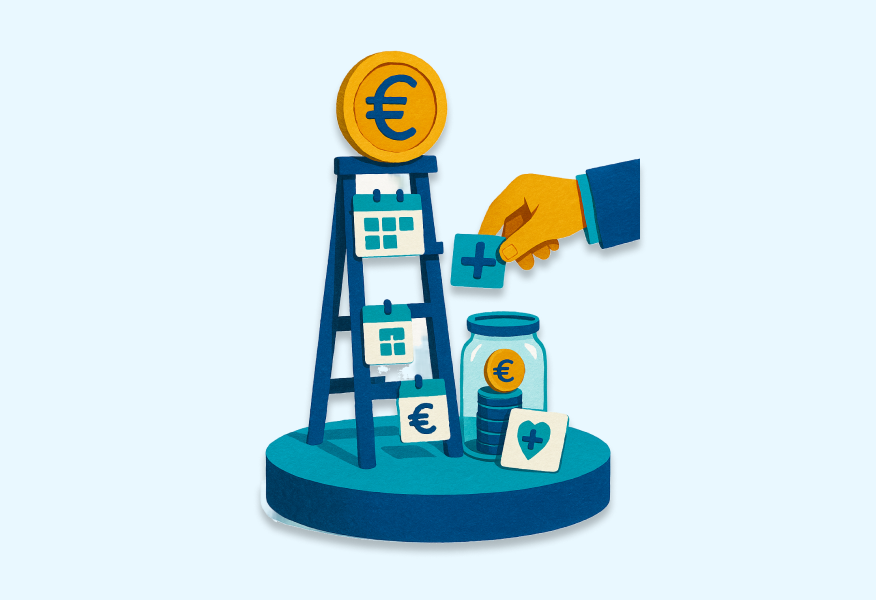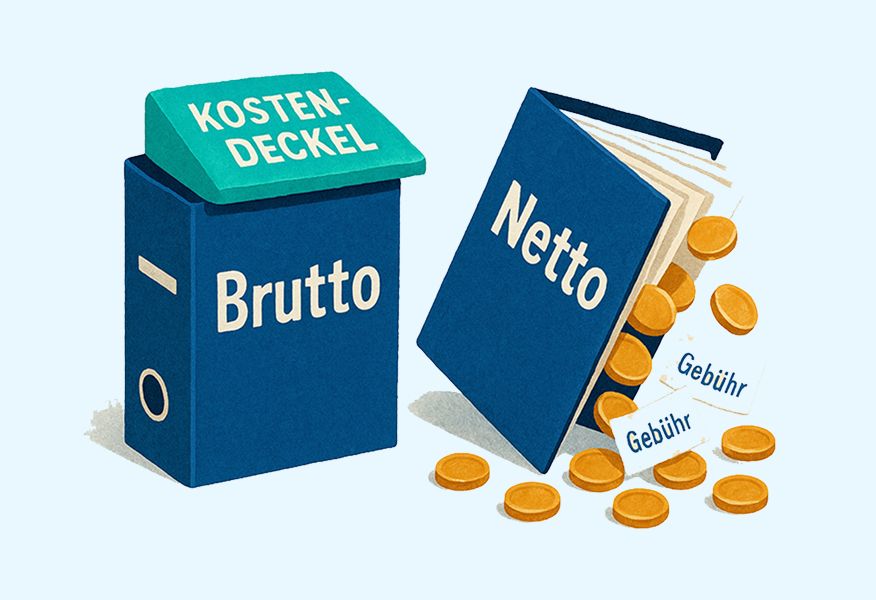In a world in which the security of state pensions is increasingly a topic of discussion, occupational pension provision (bAV) has become a central pillar of old-age provision in Germany. In order to make companies and employees even more focused on these, the German Company Pension Strengthening Act (Betriebsrentenstärkungsgesetz - BRSG) came into force on January 1, 2018. The aim of the Act is to increase the attractiveness of bAV and thus to create wider coverage for old age. But what exactly does the BRSG contain and how does it affect employees and employers? A detailed look reveals the innovations and opportunities.
The cornerstones of the Company Pension Strengthening Act (BRSG)
The BRSG is introducing a variety of tax and employment law reductions to make bAV more appealing to both employees and employers. Small and medium-sized enterprises (SMEs) and low-income workers in particular should benefit from the innovations. A core element of the Act is the mandatory employer subsidy of 15 percent for workers' salary conversions, provided that these have been completed since January 1, 2019. But older contracts have also benefited from this regulation since 2022. This step represents a significant incentive and brings significant benefits.
Benefits for employees
For employees, the BRSG results in significant improvements:
- Social security contributions and taxes: By raising the funding framework to 8 percent of the contribution ceiling, employees can now contribute more of their gross salary to the pension scheme without having to pay taxes or social security contributions.
- Increased allowance in basic insurance: Occupational pensions of up to 251 euros per month (as of 2023) are not taken into account when calculating basic insurance, which is particularly advantageous for recipients of low occupational pensions.
- Expanded information requirement: Employers are now required to provide comprehensive information about company pension plans.
Benefits for employers
Employers also benefit from BRSG, including through:
- Exemption from liability: Liability for the amount of the subsequent company pension is now limited to the subsidy of 15 percent, which reduces the risk for employers.
- Promoting low earners: Employers who provide low-income earners with a company pension can benefit from government subsidies.
- Takeaway option: The portability of the company pension in the event of a change of employer is now easier, which increases the attractiveness of bAV as an employee benefit.
The social partner model
One of the BRSG's most ambitious innovations is the social partner model, which provides for a contributory benefit commitment without guarantee. The aim is to create more attractive pension models by reducing liability for employers. However, this model has so far received little approval in practice, as it is met with skepticism among employees due to the lack of guarantees.
Criticism and Conclusion
Despite the wide range of improvements, there is also criticism of the BRSG. For example, some experts complain that the law does not go far enough to ensure widespread distribution of bAV. In particular, the social partner model is not considered sufficiently attractive.
Nevertheless, the Company Pension Strengthening Act represents an important step towards greater dissemination and acceptance of occupational pension plans. With the introduction of mandatory employer subsidies and the raising of funding limits, bAV has become more attractive. It remains to be seen how the acceptance and spread of bAV will develop in the coming years, but the BRSG has undoubtedly provided important impetus to strengthen company pension provision in Germany.

.png)




